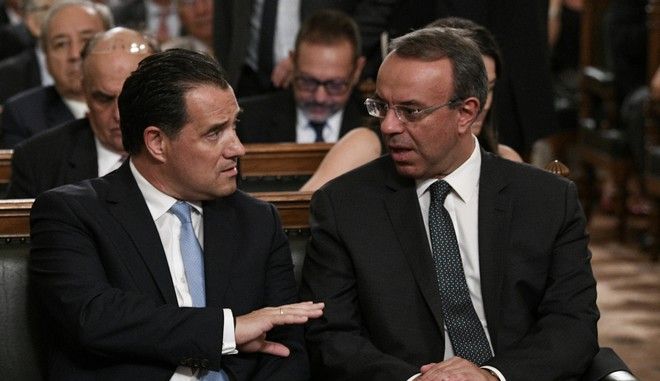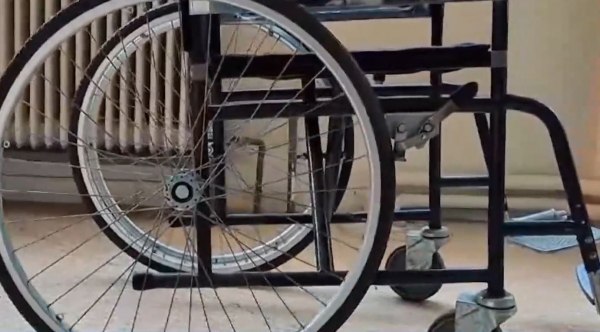Editorial Ta Nea: Dealing with inflation
The positive public revenues data may conceivably permit in the future a new package of measures to temper the repercussions of inflation and of significant price hikes on basic goods.
Intense inflationary trends constitute a fundamental danger for the average Greek household, but also overall for economic models internationally, given the pressures caused by the pandemic and the evolving Russian invasion of Ukraine.
Stemming this current, which is likely to last at least until the end of the year, is an urgent duty for European governments, and especially Greece’s.
A total rethinking of budgetary projections and planning is needed. That, in turn, will require a targeted nexus of measures, such as the one costed and announced by the government with rebates on skyrocketing electricity bills, which have significantly reduced the average income of citizens.
The two consecutive minimum wage hikes this year were another step in the right direction.
The positive public revenues data may conceivably permit in the future a new package of measures to temper the repercussions of inflation and of significant price hikes on basic goods, so as not to have to confront serious complications in the supply chain and in daily life.
Another move that can help is a measured benefits policy targeting specific lower income social groups without undermining fiscal targets.
In any event, a strict price inspections policy is needed in order to curb untrammelled price hikes, because inflation torpedoes efforts towards a return to normalcy, following a decade-long economic crisis, compounded by the pandemic crisis and the current energy crisis.
- Γεμάτες με τοξικές στρατιωτικές βάσεις οι ΗΠΑ – Χιλιάδες στρατιωτικοί μολυσμένοι
- Στρατιωτικές δαπάνες: η νέα πραγματικότητα της ΕΕ
- Η Σίλικον Βάλλεϋ πίσω από τα επεκτατικά σχέδια του Τραμπ στη Γροιλανδία;
- Η Richemont «λάμπει» ξανά με εκτόξευση των πωλήσεων από Cartier και Van Cleef
- Οι δυνάμεις ασφαλείας στην Αϊτή διεξάγουν εκστρατεία κατά των συμμοριών και καταστρέφουν κρησφύγετα
- Ο Τραμπ θέλει 1 δισ. δολάρια από κάθε κράτος για να γίνει μέλος στο Συμβούλιο Ειρήνης
- Γιατί ο Τραμπ στρέφεται κατά της JP Morgan;
- Καταζητούμενος από το Top 10 του FBI συνελήφθη στο Μεξικό
Ακολουθήστε το in.gr στο Google News και μάθετε πρώτοι όλες τις ειδήσεις








![Άκρως Ζωδιακό: Τα Do’s και Don’ts στα ζώδια σήμερα [Κυριακή 18.01.2026]](https://www.in.gr/wp-content/uploads/2026/01/spenser-sembrat-i607NbWkXow-unsplash-315x220.jpg)










































![Χάος στη Γουατεμάλα – Μέλη συμμορίας κρατούν ομήρους 46 φρουρούς σε 3 φυλακές [βίντεο]](https://www.in.gr/wp-content/uploads/2026/01/guatemala-prison-315x220.jpg)






























 Αριθμός Πιστοποίησης Μ.Η.Τ.232442
Αριθμός Πιστοποίησης Μ.Η.Τ.232442